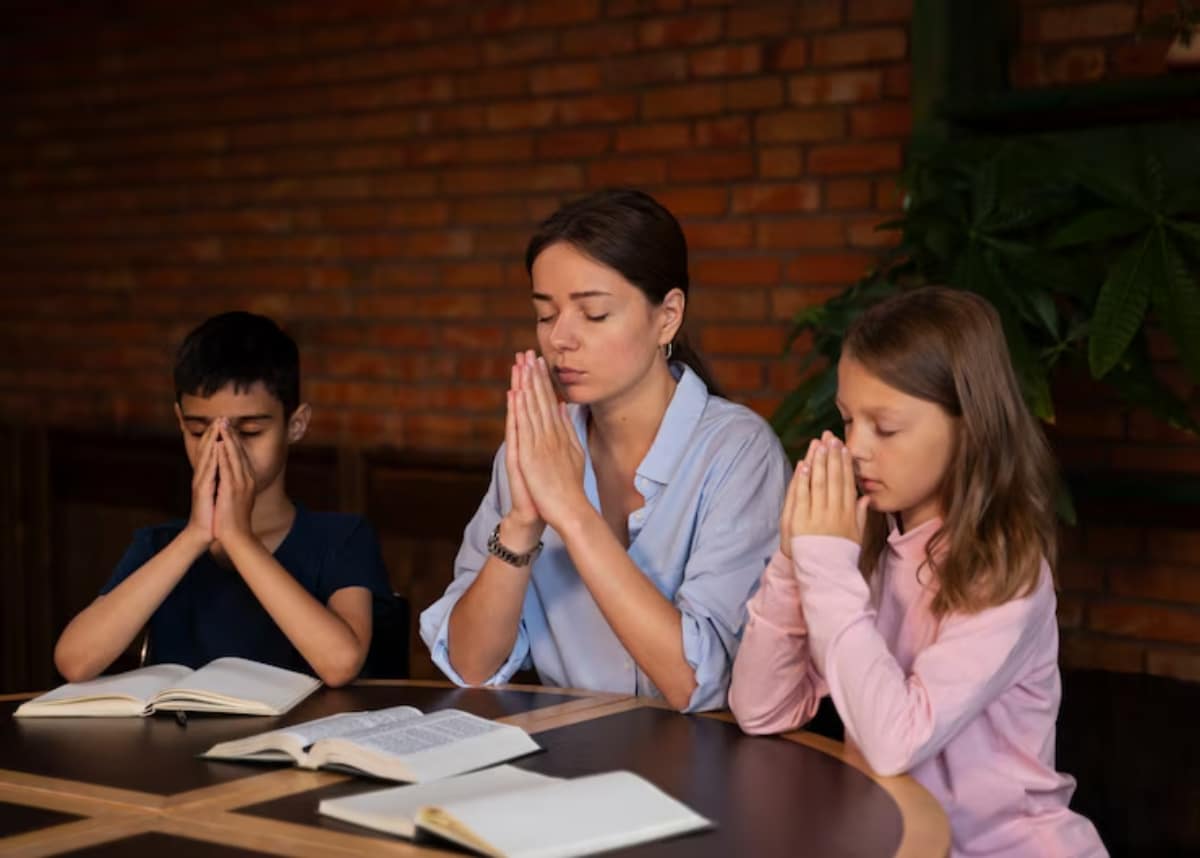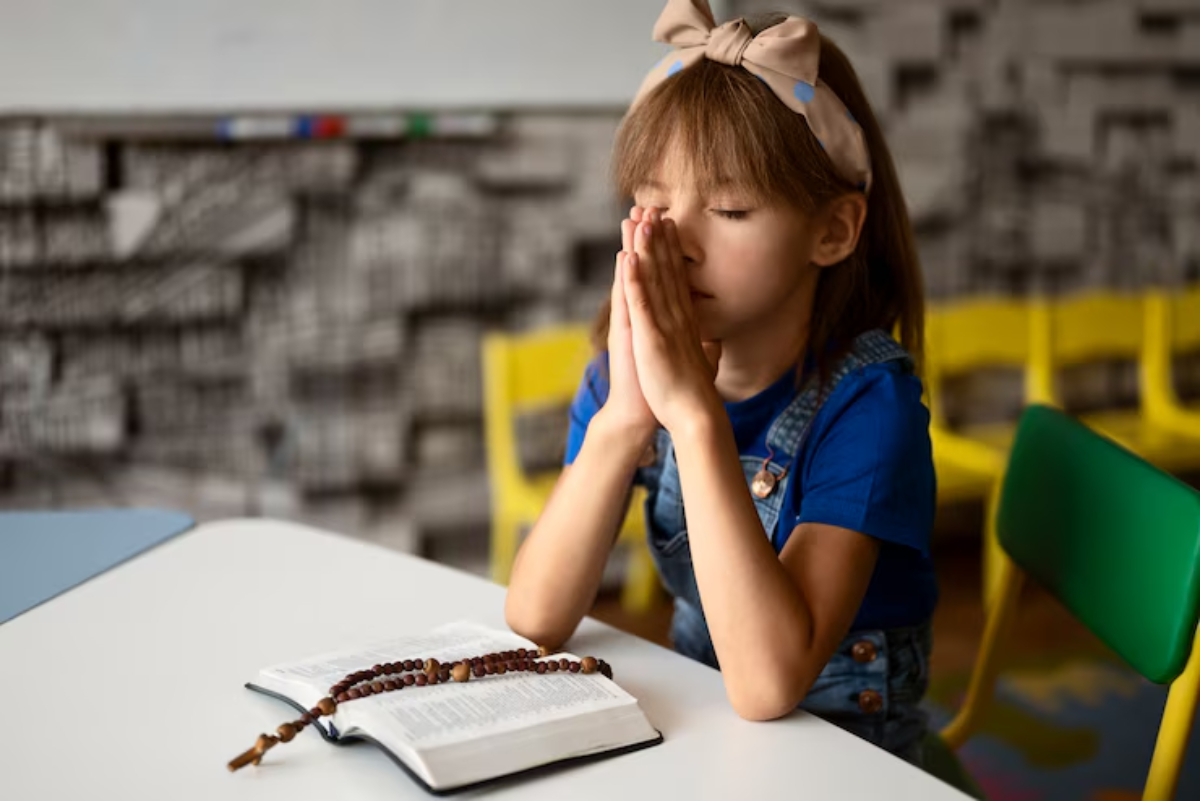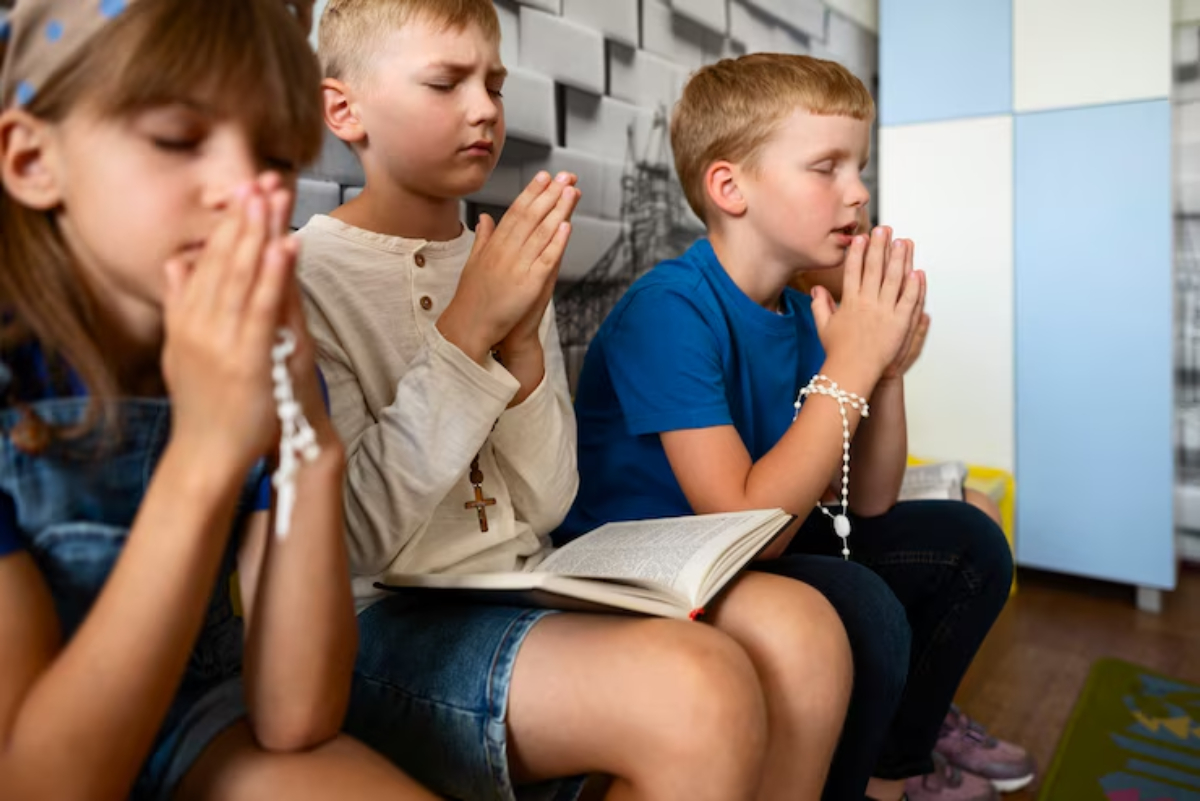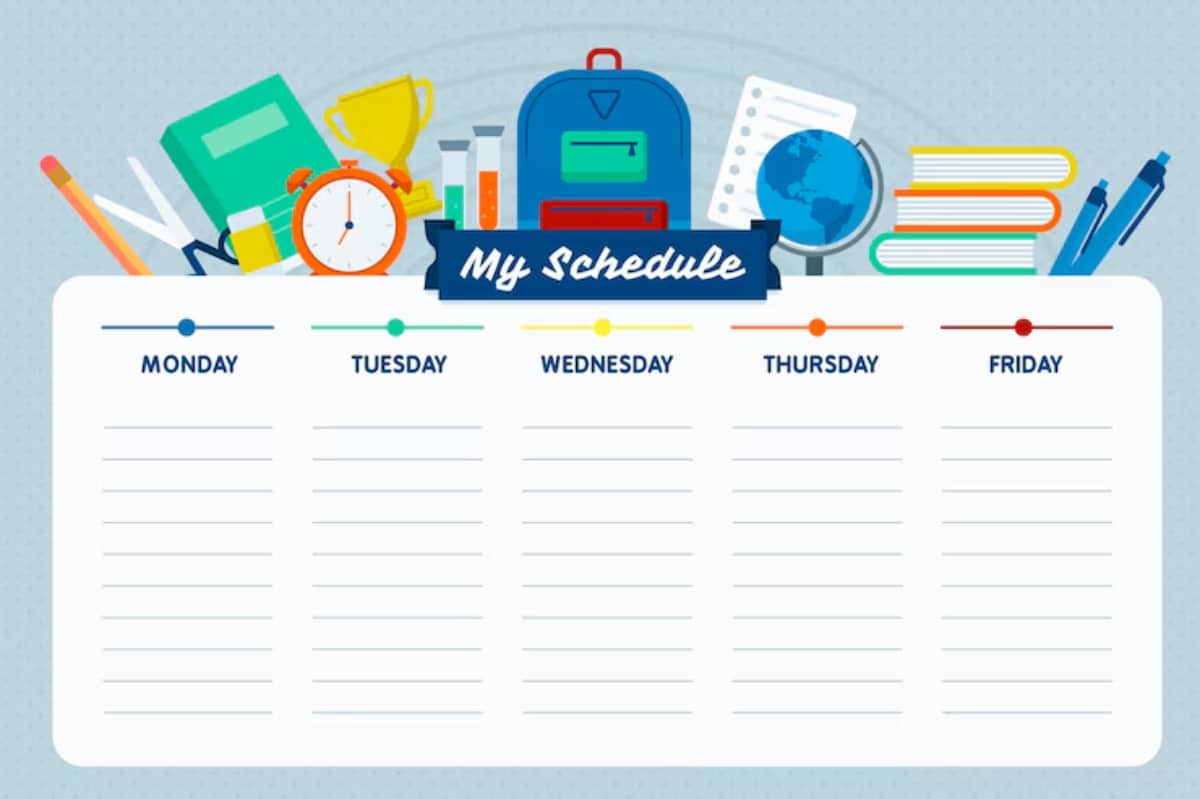
Pros and Cons of Religious Homeschool Curricula
Choosing a homeschool curriculum is one of the most prominent decisions families face—and when religion is part of the equation, the choice becomes even more personal. A religious homeschool curriculum can shape your child’s academic foundation, worldview, character, and sense of identity. But like any approach, it has its strengths and drawbacks.
Whether you’re already committed to faith-based homeschooling or simply exploring your options, this guide breaks down the homeschooling pros and cons of religious curricula. We aim to help you make an informed, confident decision for your family.

Why Some Families Choose a Religious Curriculum
For many families, homeschooling isn’t just about academics—it’s about instilling values, guiding moral development, and keeping education consistent with their beliefs. Here are a few reasons parents lean towards faith-based programs:
- Consistency with family values: Lessons align with a family’s spiritual and moral principles.
- Biblical worldview: History, science, and literature are taught through a religious lens.
- Character development: Emphasis on integrity, humility, compassion, and respect.
- Faith integration: Religion is not confined to a single subject but woven throughout the curriculum.
Imagine teaching your child about ancient civilisations while discussing how religious beliefs shaped those cultures. Some families find that level of integration deeply meaningful.
Read our blog to learn more about choosing a faith-based curriculum for homeschooling.

The Pros of Religious Homeschool Curricula
1. Values-Based Education
Nurturing the mind and the spirit is at the heart of religious homeschooling. Lessons often include scripture, moral discussions, and life applications.
- Encourages ethical decision-making
- Promotes virtues like honesty, kindness, and perseverance
- Supports spiritual growth alongside academic development
Many families feel reassured knowing their child is learning in a daily environment that reinforces their faith.
2. Community and Support Networks
Choosing a religious curriculum often gives students access to a built-in community. Churches, co-ops, and support groups can provide both academic and emotional support.
- Group field trips and enrichment activities
- Shared teaching responsibilities among parents
- Spiritual encouragement for both students and caregivers
These networks can be especially valuable for parents new to homeschooling or balancing work with education.
3. Wide Selection of Structured Programs
There’s no shortage of established religious homeschool curricula. Many come with lesson plans, grading tools, and teacher support.
Some well-known options include:
- Abeka – Rigorous academics with traditional Christian teachings
- BJU Press – Emphasises critical thinking with a biblical worldview
- Sonlight – Literature-rich learning rooted in Christian principles
- Memoria Press – Classical approach with strong Christian underpinnings
A structured program can reduce planning stress and help you stay on track throughout the year.
4. Focus on Purposeful Living
Faith-based learning often goes beyond textbooks. It encourages students to think about their role in the world, their responsibilities, and how to live purposefully.
- Encourages reflection on life goals and service
- Links learning with a spiritual purpose
- Builds a sense of identity and belonging
This approach can be especially fulfilling for families who view education as a tool for both career readiness and spiritual maturity.

The Cons of Religious Homeschool Curricula
While there are clear advantages, considering the challenges is just as important. Every family is different, and what works for one may not suit another.
1. Limited Perspective in Some Subjects
Critics raise a significant concern that faith-based content may present a narrow view of topics like science, history, or health.
- Evolution may be replaced with creationist views.
- Historical events could be framed from a specific doctrinal standpoint.
- Specific modern issues may be omitted altogether
If your child plans to attend a secular university or pursue science-based careers, you might need to supplement the curriculum to ensure they’re well-prepared.
2. Risk of Indoctrination vs. Independent Thinking
Some parents worry that a heavy emphasis on one viewpoint could discourage critical thinking and open dialogue.
Ask yourself:
- Does the curriculum encourage questions and exploration?
- Are differing perspectives presented, even if briefly?
- Will your child feel free to form their own opinions?
A balanced approach that nurtures faith and independent thought may require extra effort and flexibility.
3. Fewer Secular Resources Integrated
While some religious programs include strong academics, others may lack exposure to modern literature, scientific advancements, or global viewpoints.
To bridge this gap, some families:
- Supplement with secular materials
- Encourage diverse reading
- Introduce non-religious electives (e.g., coding, robotics, languages)
This balance ensures children receive a well-rounded education while still grounded in their faith.
4. Potential for Social Isolation
Although many co-ops exist, not all areas have accessible or active faith-based groups. If there is limited local support, families in smaller communities might find themselves isolated.
This could lead to:
- Fewer peer interactions
- Limited extracurricular opportunities
- Burnout for parents trying to fill multiple roles
Engaging in mixed-group activities (like sports, arts, or volunteering) can help maintain healthy social development.
Tips for Choosing the Right Faith-Based Curriculum
Selecting a curriculum isn’t just about the subjects—it’s about the experience you want for your family. Here’s how to make a confident choice:
1. Define Your Educational Goals
Ask yourself:
- Do you want a rigorous academic experience or a more relaxed approach?
- How important is accreditation or college prep?
- How much time can you realistically dedicate each day?
Knowing your goals will help narrow your choices.
2. Evaluate Your Faith Priorities
Consider the following:
- Are you looking for a particular denomination (e.g., Catholic, Protestant, non-denominational)?
- Do you want religion integrated into every subject, or just a few?
- How aligned is the curriculum with your interpretation of faith?
Not all Christian programs are the same—some are more doctrine-heavy, while others focus on general Christian principles.
3. Sample Lessons and Read Reviews
Most publishers offer free samples online. Read through them and ask:
- Is the tone engaging and age-appropriate?
- Are concepts explained clearly?
- Do the activities match your child’s learning style?
Also, explore parent reviews on forums and blogs. Sites like “Cathy Duffy Reviews” provide honest insights into strengths and weaknesses.
4. Be Ready to Supplement
Even the best curriculum may not cover everything. Many parents mix and match resources to create a more customised learning experience.
Some ideas include:
- Adding math or science from secular sources for academic balance
- Exploring art, music, or languages beyond the core curriculum
- Including current events or global studies to broaden the worldview
This hybrid approach can give your child both the grounding and versatility they need.
Real-World Scenario: One Family’s Approach
Claire and James, a family of four living in the UK, chose a religious homeschool curriculum to reinforce their Christian values. They started with a complete programme but soon found gaps in science and modern history.
They decided to:
- Stick with the faith-based curriculum for literature, Bible, and history
- Use online science courses with lab components from a secular provider.
- Join a mixed-faith co-op for group learning and socialisation.
Claire says, “It took some trial and error, but now we have a rhythm that works. Our kids get strong academics and faith grounding, and we feel confident moving forward.”
Their journey shows that there’s no one-size-fits-all answer—just the right fit for your family.
Related Reading
Final Thoughts: Weighing Faith and Function
Choosing a religious homeschool curriculum is a deeply personal decision. It can offer a nurturing environment, strong values, and a shared worldview—but it also comes with challenges that require thought and flexibility.
Key Takeaways:
- Faith-based programs support moral and spiritual growth.
- Some may present limited perspectives or require academic supplementation.
- Parental involvement and flexibility are key to filling any gaps.
- No curriculum is perfect—adaptability is your biggest asset
Whether you’re new to homeschooling or refining your current path, the goal is the same: help your child grow into a confident, capable, and compassionate individual.
What’s Next?
Still undecided about the right path for your family? Start by sampling a few programs, talking with other parents, and thinking honestly about your goals.
We’d love to hear your thoughts:
Have you tried a religious homeschool curriculum? What worked—and what didn’t? Leave a comment below and join the conversation.
If you found this post helpful, please share it with other homeschooling families who may be on the same journey.


